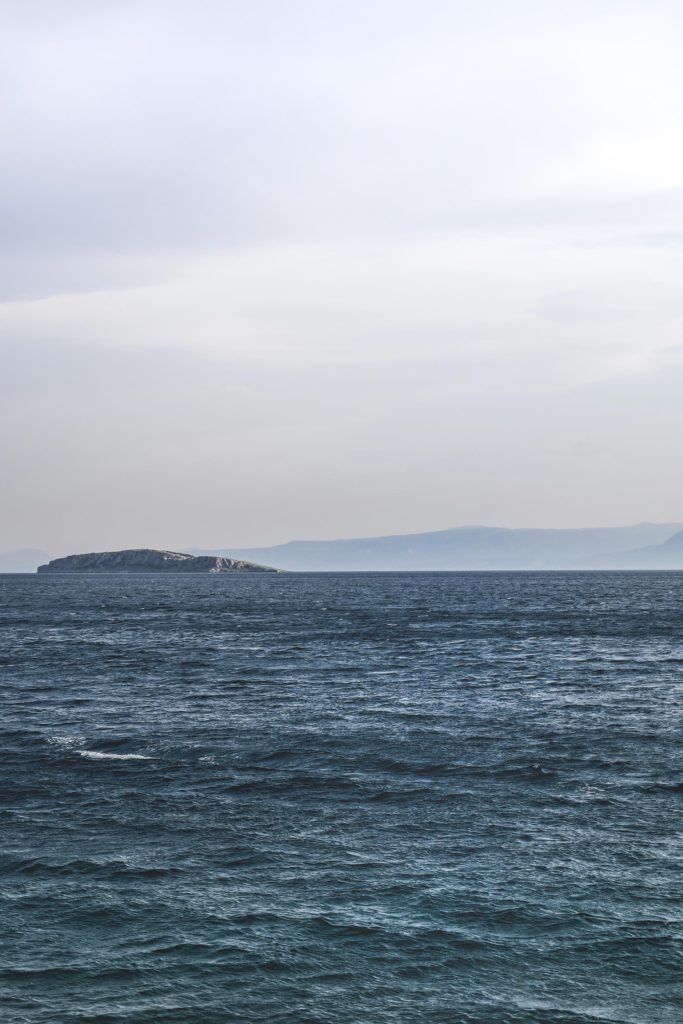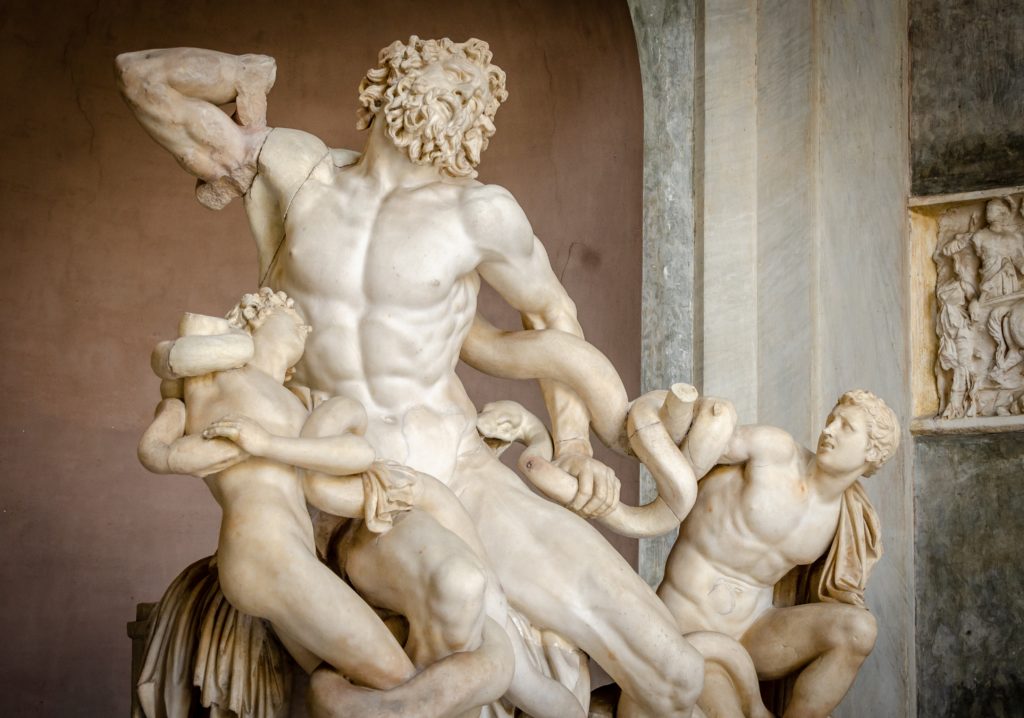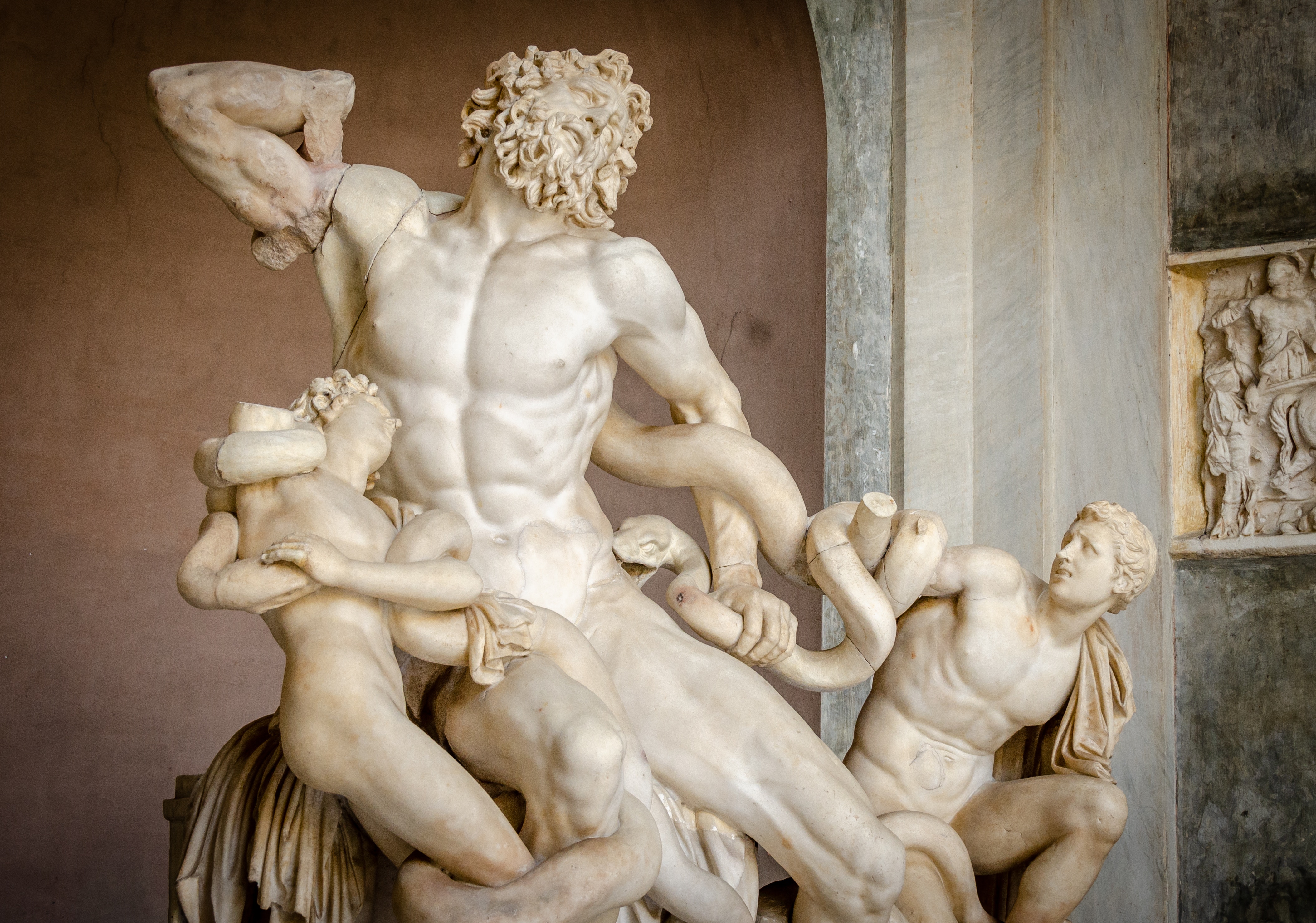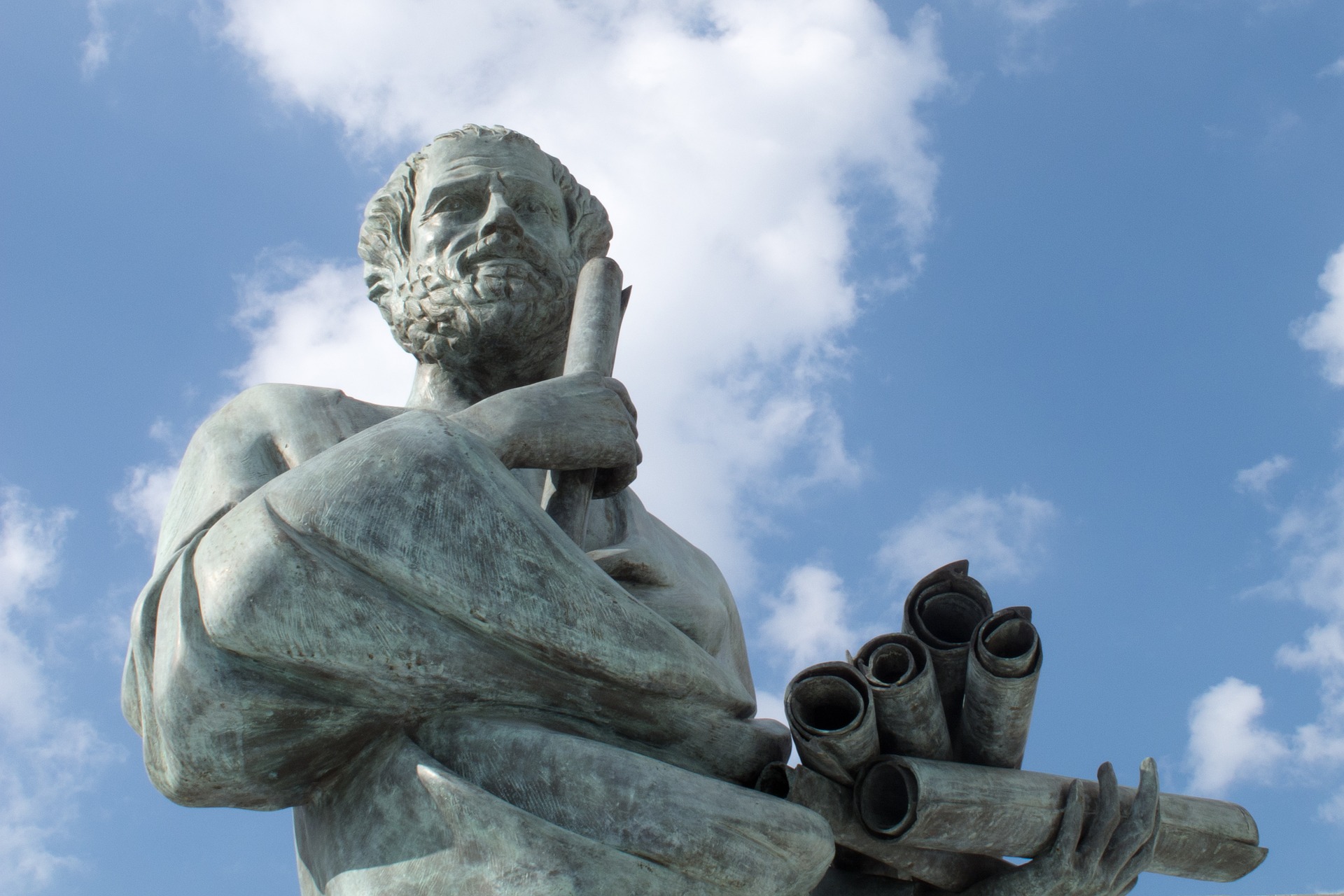Ed. note: This is the fourth entry in a series looking at the three schools of philosophy for perspectives on relationships in our modern world. Inspired by Emerson’s “The American Scholar,” we are exploring timeless wisdom which endures to inform our approaches to learning, relationships and leadership. Click here for all the posts in this series.
Homer’s tale of Odysseus’ twenty year journey from fighting in the Trojan War to returning home to his beloved Ithaca, sparks the imagination and speaks to the enduring love of home and family centuries after it was first told and written.
This being a Greek myth, the story is shaped by the people’s reliance on the gods’ intervention and bowing to their will. The gods being fallible and sometimes silly figures makes the story all the more interesting, as feuds and rivalries between the gods shape the realities and paths of men. One such feud is Poseidon’s anger with Odysseus for killing his son, a cyclops. His anger results in Odysseus’ shipwreck several times, and the deaths of his entire crew. We also see gods, particularly Athena, intervene on Odysseus’ behalf to get him finally home.
While not the central theme, as with Antigone, honor is shown to be highly regarded. The exploits of warriors and women alike are referenced in terms of their honor. For example, Penelope is repeatedly contrasted with Clytemnestra, praising the former’s long-suffering fidelity to her husband in comparison with the latter’s dishonorable killing of her husband. Meanwhile, a rowdy group of suitors are eroding their honor by shamelessly pursuing the queen and feasting on all of the household’s supplies. Odysseus has a reputation for being fair and honorable, and it is impossible to destroy the king’s honor in his absence. However, this doesn’t prevent the suitors from attempting to remarry his wife and kill his heir.
The story centers around three main themes; hospitality, perseverance, purpose. Greek hospitality has been revered for centuries, surely in no small part because of stories like The Odyssey. Perhaps fittingly, perseverance and purpose play smaller roles the warrior-king’s tempestuous journey home.

Hospitality
Odysseus finds himself a stranger in many places, where feasting makes many appearances and conveys the pride and warmth of the Greeks. It is in fact, xenia, Greek for “guest-friendship” or “hospitality”, which drives the action through this story. The treatment of strangers is of chief concern to the gods, and therefore to the Greek people. The problem of hospitality abused is a thread running from beginning to end, and ramps up in the final chapters. The story at Odysseus’ home starts with dozens of suitors overwhelming the palace, seeking Penelope’s hand in marriage, and eating up the household’s supplies. This behavior continues, despite the prince’s objections, and the queen’s clear disdain for the men. The final act of the poem is retaliation for the lack of decency and hospitality displayed by the suitors, particularly the ill-treatment of a beggar, the disguised Odysseus, who is spoken to roughly and has a dish thrown at him. The harsh treatment of Odysseus by Antinous, a particularly raucous suitor, solidifies Odysseus’ resolve to destroy the men. In their continued acts of dishonor, they have proven themselves worthy of death.
Throughout their separate journeys, Telemachus and Odysseus are hosted by royalty, who take very seriously the art of pleasing the gods by caring for visitors and strangers. King Alcinous demonstrates this as he remarks that it is his duty to the gods to ensure Odysseus has access to safe travel, then provides a ship and crew for the weary hero. Additionally, Telemachus is offered refreshment, lodging and gifts as he meets neighboring kings on his journey seeking information about his father’s fate.
While individuals don’t typically entertain strangers who just happen to stop along their way, the broader question of how a nation regards foreigners is posed. Do we have a responsibility to care for those displaced or anyone who asks us to? The answer likely depends on your political and religious leanings, as well as what is customary for your culture. In a broad political sense, America finds attempting to define her position on the matter at this moment. The questions and answers are different for everyone, but they are worth contemplating. How do we reconcile taking care of strangers and protecting our families? How much leniency is too much? How do we foster “guest-friendship” in our own homes and neighborhoods? What role does hospitality play in the legacy of a nation’s reputation, customs, and laws? Who is a “guest” in this situation? It’s worth remembering that how we treat our neighbors says everything about us, and nothing about them.
“Character is how you treat those who can do nothing for you.”
Anonymous
Perseverance
It is perhaps counter-intuitive that perseverance is given a lesser role in this twenty year journey. While Odysseus no doubt displays grit and determination, he is also devastated several times along the way and runs into insurmountable odds, only escaping with divine intervention at some points. The message here is clear; sometimes we need help. Realizing your goals and purposes necessarily requires difficulty and testing. Pushing forward despite difficulty is what will determine your success. Additionally, surrounding yourself with those who are committed to helping and watching you succeed is the key to actually obtaining that goal. As the African proverb says, “If you want to go fast, go alone. If you want to go far, go together.”
Purpose
Once Telemachus is visited by Athena, who encourages him to find out about his father, and intervenes for that purpose, he never doubts his mission. He is focused on finding out what has happened to his father, and won’t allow anyone, gods, nobility, or otherwise, to distract him from that aim. Likewise, Odysseus’ only desire is to get home to his family, and that love and expectation is what keeps him going. Penelope keeps her hope for her husband alive and shirks the suitors at every opportunity. The love and commitments of family are held up beautifully as ideals worth suffering for.

Greek mythology and philosophy have much to offer on the subjects of learning, relationships, and leadership. Here are observations from The Odyssey on those key subjects.
Learning
If the Greeks have passed down anything to their readers all these years later, it is a love for knowledge and wisdom. Odysseus seeks wisdom from those who have gone before him. He seeks wisdom from his mother, the prophet Tieresias, and fallen King Agamemnon in order to determine the path he should take. The takeaway is that one must have accurate and adequate information in order to make decisions well.
Relationships
Relationships are the heart of the story. Odysseus has been gone nineteen years, yet his family and other kings speak with admiration of what a wonderful person and king he is. He is beloved by his family and staff. We get a glimpse of his relationship with his wife after he returns and she remains cautiously unconvinced. They have a history together, and they fiercely love one another. Odysseus also shows love and appreciation for his royal servants, forging relationships that prove to be true even after his prolonged absence. Odysseus is well-liked by neighboring kings, and conducts himself with humility while on his journey. Really, except for Poseidon and a brutally savage villages, it seems the countryside loves him. His good reputation results in favors, influence, and safe passage.
Relationships are the key to life. Spending time with our loved ones is what we toil for, and cherish in our personal lives, shown in Odysseus’ family. As discussed above, the hospitality displayed reminds us to remain humble and mindful of others. Relationships in enterprise are also represented in Odysseus; your reputation for how you treat others will determine your success or failure. Business relationships exist in order to help everyone achieve their goals.
Leadership
Odysseus was a King and warrior who didn’t hesitate to go into battle, yet his family describe him as humble and unassuming in his domestic and civic roles.He does humble himself when he washes up on the shores of Scherie and meets the princess Nausicaa. Odysseus also cared deeply for his men; for example, when one member of the crew dies at Circe’s house, Odysseus dispatches a group of men to bury him and mark the grave, honoring the dead man. Indeed, Odysseus mourns the deaths of all his men as they are killed along the journey back. We see a leader who cares about those under his command, and who takes seriously the loss of life they have encountered.
Odysseus exemplifies “leading from behind.” He is in the elements with his men and doing his best to keep the entire company moving forward. In his example, we can learn the lesson of working with your team, not over them. Everyone is pushing toward the same goal, they just have different responsibilities.
Isn’t it refreshing to look at these old stories and see accurate portrayals of humanity? I find constant inspiration in the fact that we really are all the same and want the same things; a home with those we love and the freedom to live there comfortably and peacefully. Whether it’s Ancient Greece modern America, on a journey home or along a career path, seeking out wisdom, remaining humble, persevering and nurturing relationships are still the keys to success. Our common human condition is what may curse or save us in our endeavors with one another.





